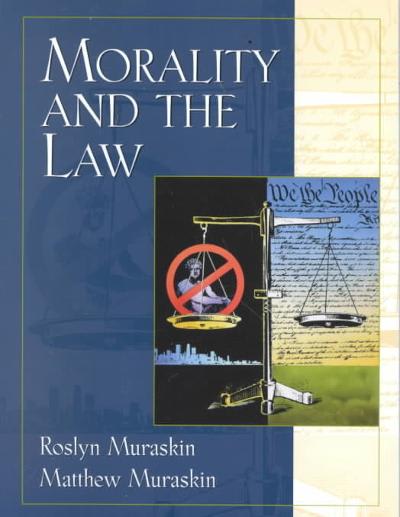Question
Question 1 You have just been appointed as a judge sitting on the Supreme Court in the Republic of Oceania. It is October 2017 and
Question 1
You have just been appointed as a judge sitting on the Supreme Court in the Republic of Oceania.
It is October 2017 and Denny Dumbo's case comes before you on appeal from a decision of a single judge in the High Court of Oceania in May 2017. Denny Dumbo has been sentenced under the Crimes Act of Oceania to five (5) years imprisonment for assaulting a policeman with a kava root. He is appealing against the severity of his sentence.
The Crimes Act 2010 (Oceania) states the maximum penalty for assault is 5 years imprisonment but there is a judicial discretion to award lesser terms.
The High Court followed an earlier decision of the Oceania Court of Appeal.
The Court of Appeal is now the highest appellate court in Oceania. It handed down a decision in 2011 stating that the maximum penalty should apply whenever the assault involved a police person regardless of the type of weapon.
However, the Supreme Court of Oceania in 2014, in a 2:1 majority decision, refused to follow the Court of Appeal decision and reduced a sentence of 5 years to 3 years in similar circumstances to the present case. The Supreme Court stated that only offences involving a police person and the use of firearms should attract the maximum penalty. A strongly worded dissenting judgment by the Chief Justice of the Supreme Court stated the Supreme Court was bound to follow the Court of Appeal decision in 2011.
A Privy Council decision in England in 2015 supported the Supreme Court approach in 2014 in holding that both factors (a police person and the use of firearms) should be present to attract the maximum penalty.
The Republic of Oceania legislated to discontinue appeals from the Oceania Court of Appeal to the Privy Council in England in 2000.
- Did the High Court judge follow the correct decision? Why / why not?
- Sitting as the Supreme Court in 2017, are you required to follow the previous Supreme Court decision in 2014? Why / why not?
- What is the legal significance of the Chief Justice's dissenting judgment? Explain your answer.
- What weight will you give to the English Privy Council decision in 2015?
- Explain which decision as a judge in the Supreme Court you will follow and why.
- What will your recommendation be in relation to Denny Dumbo's sentence?
Question 2
Answer the following short answer questions. You must give reasons for your answer.
- True or False: When a Court 'distinguishes' precedent, the court is not questioning the correctness of the previous decision.
- Judges don't make law - they simply interpret the existing law. It is the Parliament's role to change bad laws. Do you agree with this statement? Discuss your reasons.
- What is the doctrine of stare decisis? What is the underlying rationale for this legal doctrine?
- Is obiter dictagenerally considered to be binding? Are there any circumstances when obitermay be relied upon as precedent?
Step by Step Solution
There are 3 Steps involved in it
Step: 1

Get Instant Access to Expert-Tailored Solutions
See step-by-step solutions with expert insights and AI powered tools for academic success
Step: 2

Step: 3

Ace Your Homework with AI
Get the answers you need in no time with our AI-driven, step-by-step assistance
Get Started


